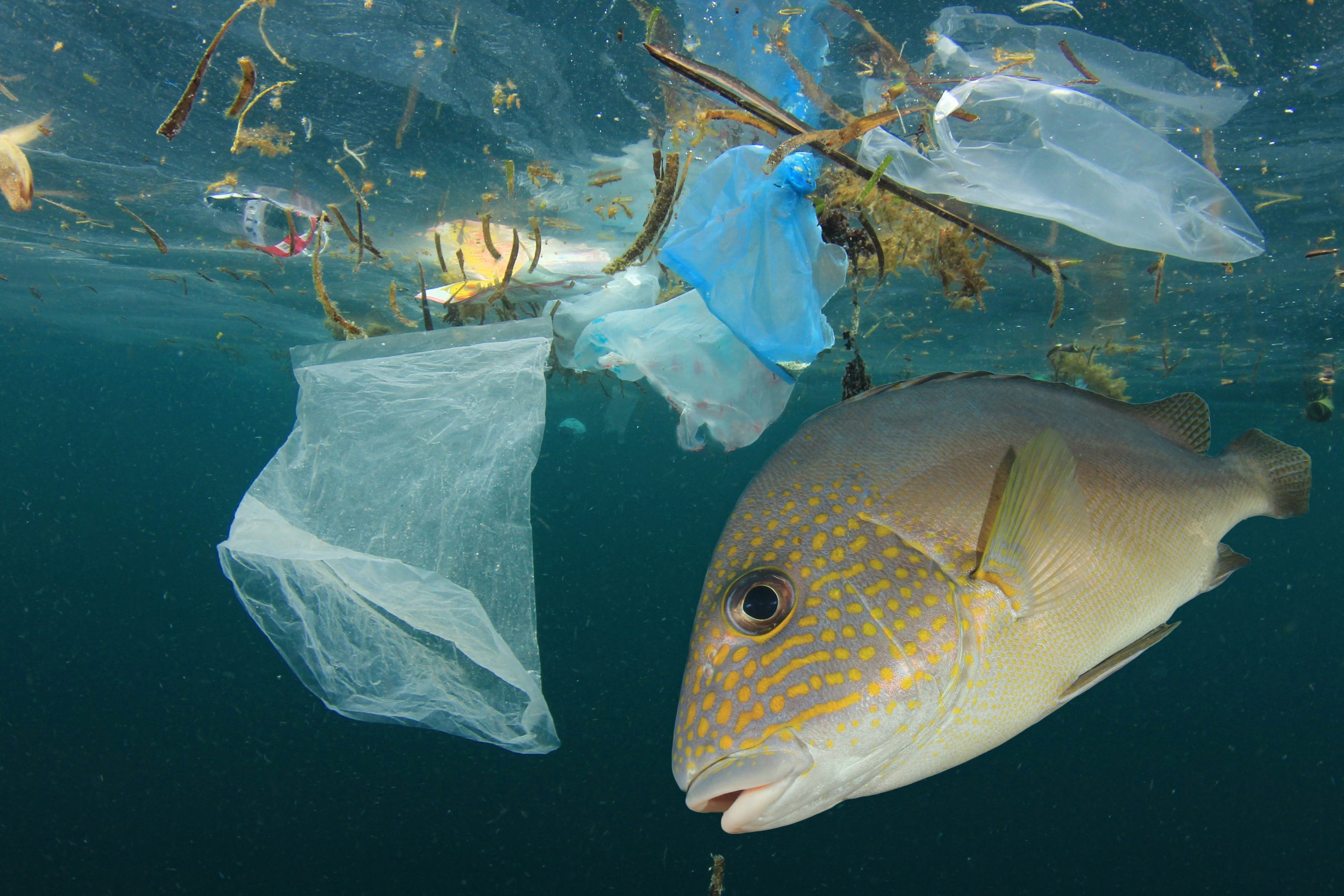Politicians have taken up the cause of the fight against plastic waste and have once again failed miserably. We have been promised that the mountain of rubbish will be reduced and that in the future all plastic on the market will be fully recyclable. However, the opposite is the case. Despite all legal changes, more and more plastic is being produced and more and more plastic waste ends up where it shouldn’t be: in the environment or in the sea.
There have been enough good resolutions in recent years. But politicians have not succeeded in setting uniform standards. The promise of an environment worth living and loving cannot become reality because the economy primarily follows economic interests. She chooses the plastic because it is by far the cheapest alternative, because the follow-up costs are once again borne by the general public.
Globally, only 20 large corporations are responsible for half of the plastic waste generated globally. This list is led by the oil company ExxonMobil from the USA. Other oil companies follow in the other places. Market research companies estimate that plastic production currently represents a turnover of 600 billion US dollars. It could continue to grow to $800 billion by 2030 alone.
Few winners, many losers
Because plastic is cheap to buy and because it’s lighter than glass, which reduces shipping costs, many food companies don’t want to do without it. So it is not surprising that the organization “Break Free From Plastic” encountered products from the manufacturer Coca-Cola particularly often during their numerous clean-up campaigns that have been carried out over the past five years.
The campaigns were carried out in over 80 countries and closely behind Coca-Cola are other leading food manufacturers such as Pepsi Cola, Unilever and Nestlé. This inevitably leads to the question: where to put all the rubbish?
Plastic waste can actually only be exported if environmentally friendly further processing or disposal is guaranteed in the exporting country. However, the recipient countries hardly control the industry, so that even “legally” exported waste is often hardly or not at all recycled.
The European Union estimates that another 15 to 30 percent of waste exports are illegal, meaning that the criminal networks dealing in plastic waste are making annual profits estimated at a whopping 9.5 billion euros.
